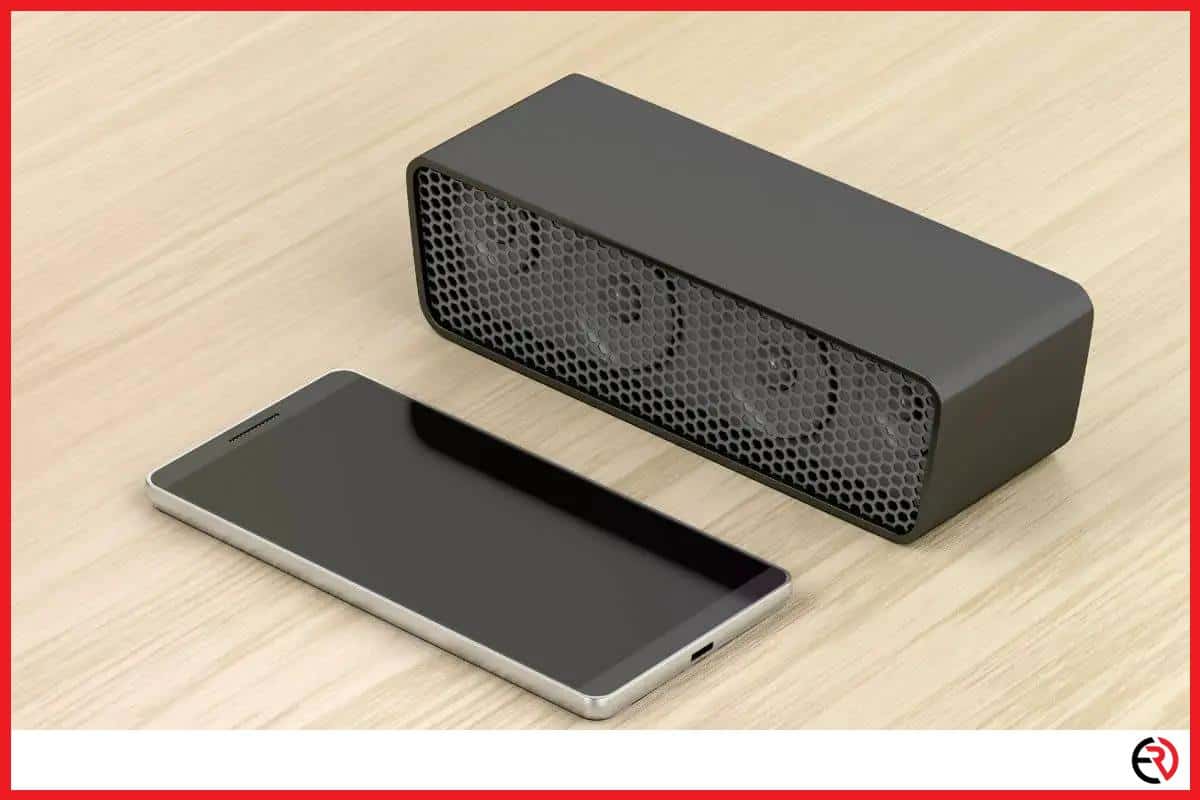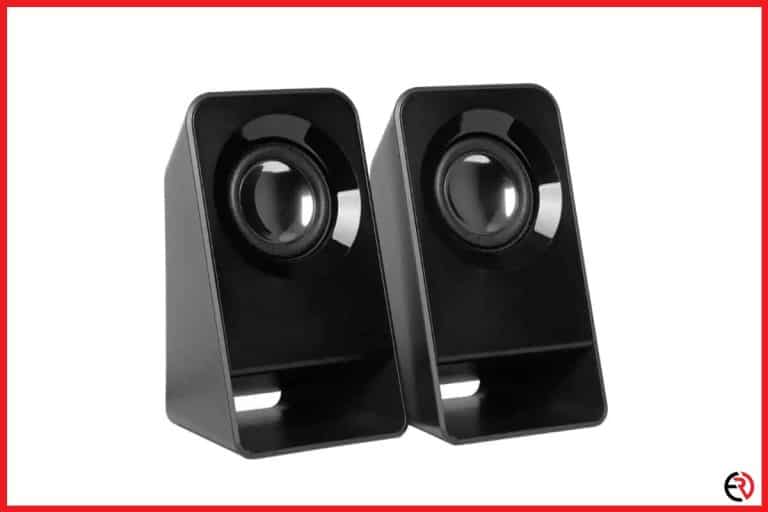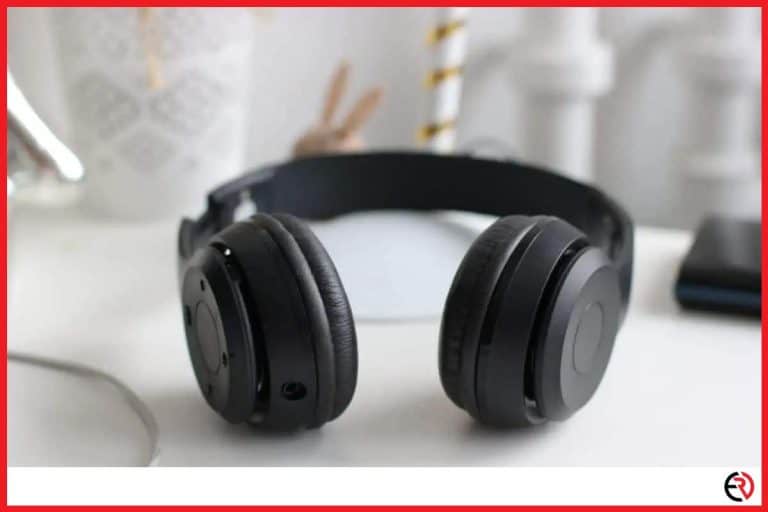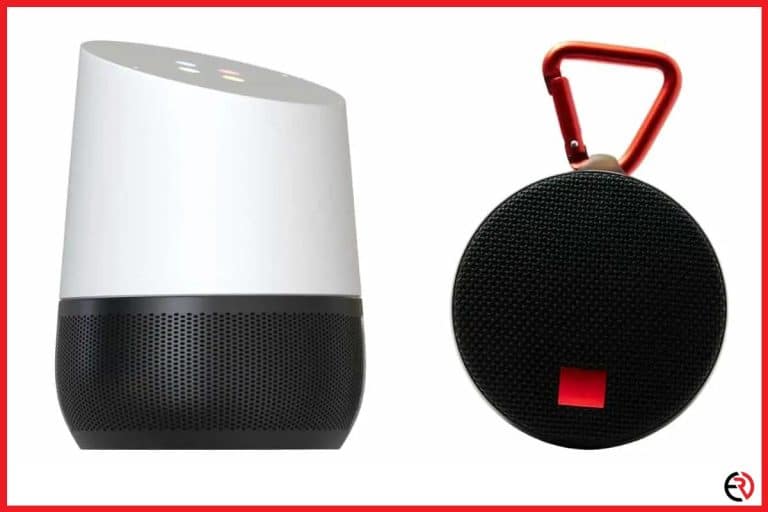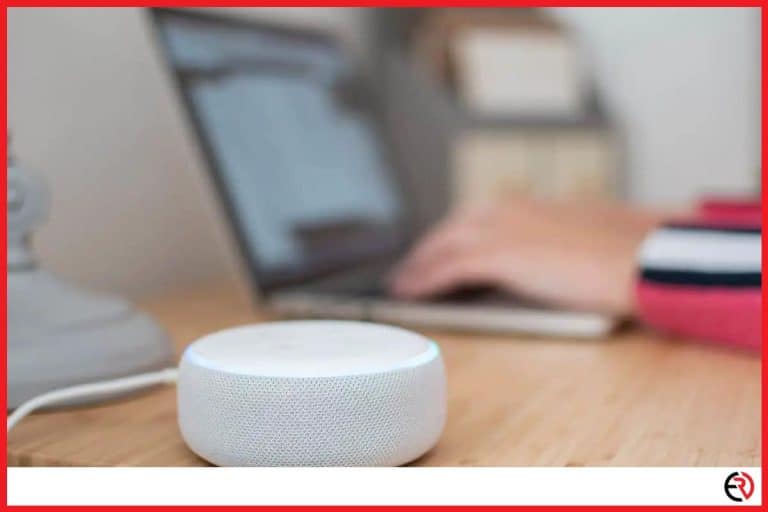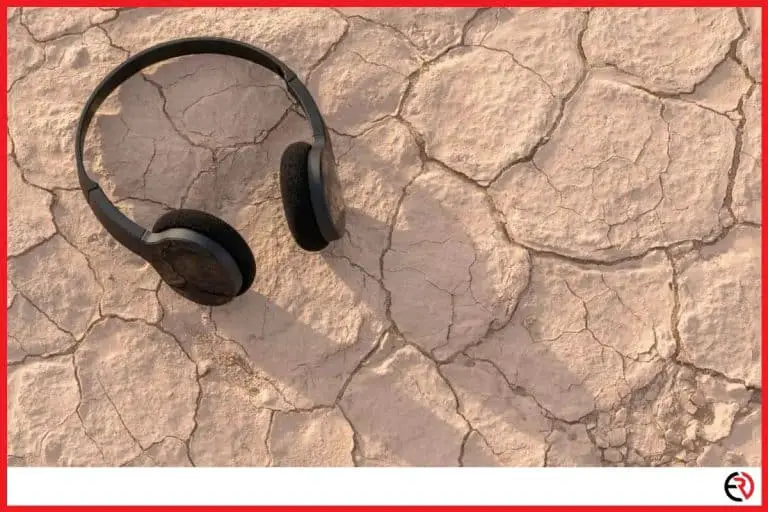Do Bluetooth Speakers Drain Phone Battery? (Tips to Reduce It)
This post may contain affiliate links which means that, if you choose to make a purchase, I may earn a small commission at no extra cost to you.
Is your phone’s battery not lasting a whole day? Are you struggling to find the reason behind this monstrous power drain? Most people blame Bluetooth and other wireless connections, but in reality, they only consume a fraction of the battery’s overall charge. There are other factors in play that I will discuss in this article, so stay tuned.
Yes, Bluetooth speakers drain your phone’s battery. A small fraction of your battery is consumed to maintain the connection between both devices. The battery drain also depends on the compression quality, and high-quality audio consumes more charge while low-quality audio consumes less.
So exactly how much effect do Bluetooth speakers have on your phone’s battery? Is it negligible, or should you be concerned and look for active countermeasures? Let’s find out!
Different Bluetooth versions and their effect on battery performance
Bluetooth was introduced in the 1990s with the sole purpose of wirelessly connecting two devices. However, there was no precise indicator of exactly how much battery was consumed during an active Bluetooth connection. But I guess it was pretty significant since an energy-efficient Bluetooth version was not launched until 2001.
There is no doubt that Bluetooth devices were a hit, and gradually more and more people started adopting them. Even new devices began to pop up that could connect to your phone and do all sorts of stuff. Bluetooth speakers were only the beginning since we now have Bluetooth-operated car keys, headphones, intelligent assistants, and many other devices.
The average user’s mobile battery started to plummet drastically since they used multiple devices on their smartphone. An alternative was needed, and the Bluetooth version 4.0 was born. The new version had a unique Bluetooth Low Energy (BLE) feature.
BLE did not replace the traditional Classic Bluetooth since it could not carry out heavy tasks such as streaming music to Bluetooth speakers or even making calls. BLE was only suitable for small energy-efficient tasks, like updating location services or remaining connected to your Fitbit and smart keys.
The Classic Bluetooth and BLE are the same. They exist together and become active when needed. BLE for small energy-efficient tasks and standard Bluetooth for calls and streaming.
How do Bluetooth speakers affect phone battery?
The Bluetooth module in your phone transmits radio waves to all devices it’s connected to in an attempt to communicate with them. As a result, the battery drain is proportional to the number of simultaneous connections and the activity.
I ran a few tests to observe the degree of battery drain Bluetooth has on my phone, and this is what I have found. I go running every morning for about an hour and use a Fitbit to track my vitals. By the end of the run, the Fitbit only consumed about ~3% battery.
The next day, I used a Fitbit and a Wireless Earbud and discovered that the battery drain increased to ~17%. I repeated the experiment once again without the Fitbit but with the earbuds plugged in, and this time the battery consumption was only ~11%.
The results depend on several factors, such as the age of your smartphone & Bluetooth devices and their overall battery capacity. Older devices will be less efficient, thereby increasing the battery drain while newer ones not so much. However, it’s evident that connecting multiple devices to your smartphone will increase the battery drain, especially if it’s a speaker.
How to reduce battery drain on your phone?
The best way to reduce battery drain is to disconnect the speakers and switch off your Bluetooth when you are not listening. Other solutions include downloading the music instead of streaming it, lowering the volume, and carrying a power bank if you are traveling.
Have you ever noticed that even after getting colossal power cells, the average battery of a smartphone lasts a day at most (on low to moderate usage)? That’s because smartphones are also evolving and consume more charge.
They are not simply used for placing calls anymore. People use them to take high-quality photos and videos; some even use them as a portable studio, editing Youtube videos on the go. The increased usage demands more batteries. So if you want to save some for your playing music on external speakers, you’ll have to be more careful with the overall usage. Here are a few ways you can do so:
1. Switch off-network and Wi-Fi – Bluetooth is nothing compared to cellular networks and Wi-Fi when it comes to battery consumption. Most people have either mobile data or Wi-Fi (sometimes both) switched on for an entire day, which is like taking a sledgehammer to the power cell. Switch them off, and you’ll have enough charge to power Bluetooth speakers.
2. Background applications – Background applications do not cause such issues, especially with budget phones with less than 4GB RAM. However, flagship phones can have 10-20 apps running in the background, putting a considerable strain on the battery.
3. Dark mode – Most people do not prefer dark mode, but it’s a super-efficient way of saving battery. However, it’s limited to AMOLED and OLED displays since LCD screens do not have a ‘true’ dark mode as the pixels still consume charge, even when they are black. This does not apply to AMOLEDs since the pixels are completely switched off.
4. Auto-Brightness – Auto-brightness is an underrated feature that can save you a ton of battery and is also less straining on the eyes. It’s found that phones with a lower brightness last 30-54% longer. Auto brightness may not be as efficient as a low brightness setting, but it’s still better than having it maxed out all the time.
5. Location – GPS combined with network data is somewhat straining on the battery. So it’s best to switch off when required.
I remember getting lost while traveling to a friendly gathering and having to use the GPS to find my way there. I was supposed to be the DJ and play music from my phone, but by the time I reached there, the phone had only about 30% battery left. Fortunately, someone had a power bank, and the day was saved.
They rented a set of Pohopa speakers, a brand I had never heard of, but I was genuinely surprised by the overall outdoor sound quality. Give it a try if you are planning an outdoor party for a small group.
6. Wallpapers – Fancy 3D wallpapers may look amazing, but they consume a lot of battery every time you switch on your screen, even if your phone has an AMOLED display.
FAQ
Does switching off Bluetooth save the battery?
It usually depends on the gadget you are connecting to the phone. Small devices like key finders and fitness trackers consume negligible amounts of charge. Over the course of a day, they may consume 3-10% at most. But speakers and earbuds consume a lot of battery.
Although Bluetooth consumes battery, it is so negligible that it cannot even be measured, especially when you have not connected anything to it. However, listening to Bluetooth speakers, even earbuds all day will significantly drain your smartphone’s battery. So switching off Bluetooth does not really matter.
Will Bluetooth drain my iPhone battery if I leave it on through the day?
Yes, but the microscopic amount isn’t even worth considering.
I leave the Bluetooth on throughout the day and still have a 50% charge left by the end.
Conclusion
In most cases, it’s not the Bluetooth that saps your phone’s charge, but something else. Bluetooth speakers indeed affect your battery, but on moderate usage, you can last a whole day on a full charge. Hopefully, this article has answered all your questions about the topic. Stay tuned for more tech-related tidbits. Until next time.

